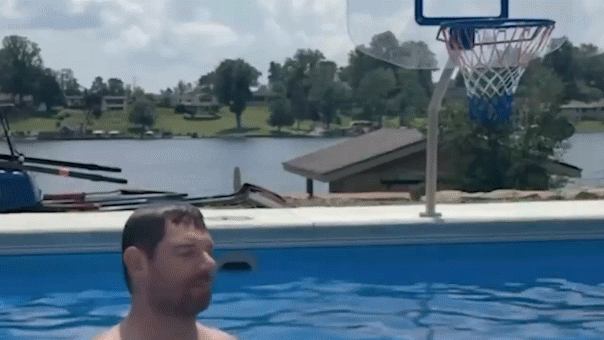Homeland Security Secretary Jeh Johnson told Congress on Tuesday he would consider every conceivable, lawful option to deal with a continuing flood of immigrants crossing the U.S. border illegally in South Texas.
Johnson told the House Homeland Security Committee that he won't rule out using National Guard troops, as several lawmakers have suggested, but he warned that there are limitations to using troops to help manage what has become a humanitarian crisis at the border.
"I've heard the calls from some that we put the Guard on the border. I'd want to understand better what the options are for the use of the Guard," Johnson told lawmakers during more than two hours of questioning. "But there are definitely some limitations on the use of the Guard in this respect, I think, and we have to be mindful of those."
The White House indicated later in the day it wasn't interested in the proposal to deploy troops.
"There has already been a historic commitment of resources to the border," White House spokesman Josh Earnest said.
Since the start of the budget year last October, Border Patrol agents have apprehended more than 52,000 immigrant children crossing the border alone. Most of the young immigrants are from Honduras, El Salvador and Guatemala and have been caught in the Rio Grande Valley of Texas.
At the same time, the Border Patrol has arrested more than 39,000 adults with children. An unknown number of those immigrants have been released with notices to report to Immigration and Customs Enforcement offices near their final destinations inside the United States.
The administration has refused to say how many of those people have been released or how many have reported as ordered. Earnest told reporters Tuesday that he did not have the number but added, "Without knowing what that number is and without having seen it, I think we can all stipulate that that number is too high."
In the mid-2000s, President George W. Bush twice deployed National Guard troops to the border to help augment the Border Patrol as it bolstered its ranks. The agency has more than doubled in size since then, with more than 21,000 agents.
While troops were deployed, they were prohibited under federal law from performing law enforcement duties and instead conducted surveillance and helped with maintenance issues.
Border Patrol Deputy Chief Ronald Vitiello testified Tuesday that while the influx of children traveling alone and adults crossing the border illegally with children has strained resources in South Texas, it hasn't necessarily created a security problem.
"It's not a challenge to arrest people who come as children or families with children," Vitiello said. Many illegal border-crossers don't try to elude border agents and quickly surrender once they encounter agents.
The challenge, he and Johnson explained, is processing the immigrants and finding places to house them.
The surge of children has prompted the Homeland Security Department to start flying some of the immigrants to Arizona for processing. Military bases in Texas, California and Oklahoma are also being used or readied to house children until they can be placed with relatives or sponsors. All the child immigrants face deportation, but with a backlog of as many as 30,000 pending cases in federal immigration courts it will likely take years before a judge will order many of the children out.
Parents caught crossing the border illegally with their children also pose a challenge because of a lack of detention space. ICE, the Homeland Security agency responsible for jailing immigrants facing deportation, has space for fewer than 100 people in its single family detention center in Berks County, Pennsylvania.
Last week the Obama administration announced plans to open additional detention centers for families. The first will be at the Federal Law Enforcement Training Center in Artesia, New Mexico, home of the Border Patrol's training academy.
Also Tuesday, House Speaker John Boehner announced a working group of lawmakers to focus on the situation at the border.











































